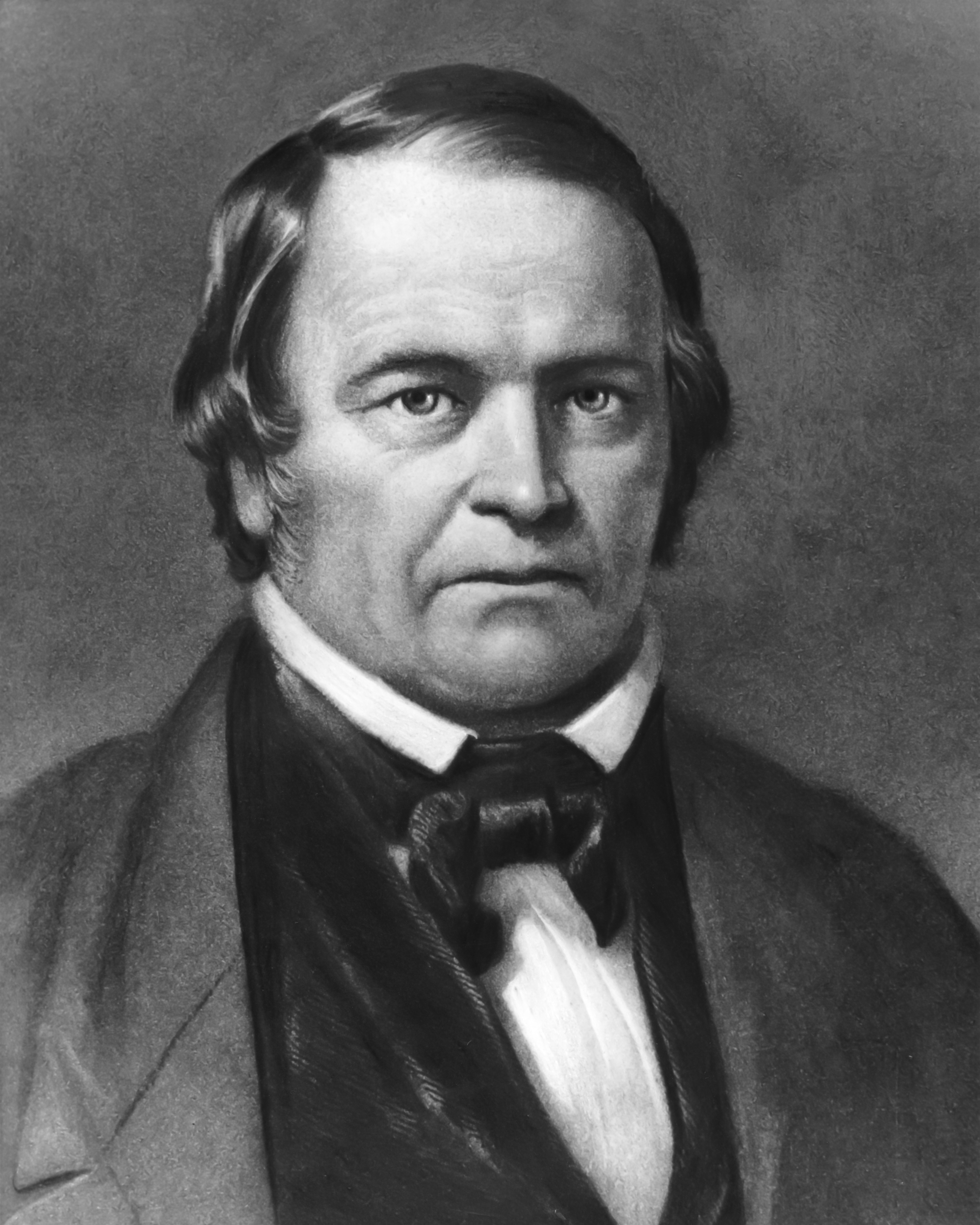 |
| Insight into the dream-state |
Recently Chris
Knowles made a very interesting observation about commercials. In a dialogue with Alan Green on
the Always Record podcast he was discussing the preferences of television
viewers and what it is about shows that viewers find unacceptable. Then he referenced commercials:
That
was something I was really struck with watching the commercials – how this
world that exists on television commercials just seems so unrecognizable from
the real world. It’s creating this
utopian vision that just doesn’t exist anywhere and everything is this sort of
happy-faced, singy-songy world now in these commercials. I think they have some sort of a narcotic
effect. They tend to numb people. Even
the commercials themselves are an escapist form of entertainment, rather than
simple advertising.
I love this idea: something commonplace yet ominous. The constancy of ads is a good thing – the
drug is always there steeping us in its actual, subtle message. Is this message something that pacifies
people? Are people really being manipulated
by advertising?
Recently I started watching the documentary The Century of the Self,
which looks at the genesis of the contemporary advertising regime. Freud’s nephew Edward Bernays was
instrumental in developing advertising that appealed to people’s subconscious
drives – mass psychology as a way to make money for clients. Political thinker Walter Lippmann is
portrayed in the film as arguing “that if human beings were in reality driven
by unconscious irrational forces then it was necessary to re-think
democracy”. Bernays embraced this idea
of Lippmann and suddenly “a new way to manage the irrational force of the
masses” was born.
In the documentary, historian of public relations Stuart
Ewen says of Bernays and Lippmann:
Both
Bernays’ and Lippmann's concept of managing the masses takes the idea of
democracy and turns it into a palliative, turns it into giving people some kind
of feel good medication that will respond to an immediate pain or immediate
yearning but will not alter the objective circumstances one iota. The idea of
democracy, at its heart, was about changing the relations of power that had
governed the world for so long; and Bernays' concept of democracy was one of
maintaining the relations of power, even if it meant one needed to stimulate
the psychological lives of the public. And in fact, in his mind, that is what
was necessary. That if you can keep stimulating the irrational self then
leadership can go on doing what it wants to do.
Right there is Knowles’ narcotic effect, built in from the
first days of contemporary advertising. “Stimulating
the irrational self” – chilling. In
today’s world, though, it is even scarier.
The contextual backdrop against which Knowles made his statement is one
of seemingly darker motives. Advertising
becomes more than simply a tool for turning people into docile consumers in an
ever more affluent world. These days there
is uncertainty in the air. An election
year. People still struggling financially
even though are economy has putatively
recovered. Could Knowles be picking up
on a step-up in the rhetoric?
I have to say thank you to the world of academia (rare for
me to say these days . . .). In a
synchronistic fashion I recently came across the work of communications
professor Sut Jhally. In his own words:
My
modest claim is that advertising is the most powerful and sustained system of
propaganda in human history and its cumulative cultural and political effects,
unless very quickly checked, will be responsible for destroying the world as we
know it. [...] Those individual ads carry a very powerful single message, a
unifying message.
Jhally addresses
Knowles view of the utopian being present in advertising:
What
advertisers have to do is to link up what keeps people happy with the things
that they have to sell, which are objects. That's the falsity of it. What's
real about advertising are the dreams that it recognizes in the population. And
that's why advertising is full of adventure, it's full of independence, it's
full of sex, it's full of family, it's full of social relationships. It's full
of meaningful work.
| Sut Jhally |
So what do we do?
Jhally is optimistic of change – you have to be, he believes. Change will come through activism. Through people fighting back. He believes that average people, on their own,
would understand the need for political change.
The advertising world has to overcome this innate rational state. It is a costly effort:
Why
do corporations, why do advertisers, why do media have to spend billions of
dollars every day to convince us of these things? If the game were over, if
there were no possibility of change, then why would they keep doing this day
after day after day? And why would they go out of their way to make sure that
no other idea gets into the minds of the population? They have to do that
because they know that if they don't, then the world will change.
I have to say, when I watch commercials I couldn’t agree
more with Chris Knowles. I feel the
narcotic of advertising had increased in its strength. The manipulative intentions of commercials become
more obvious when you view them through the lens of suspicion.
The dreamer needs to awake.
The “feel good medication” must be rejected.







